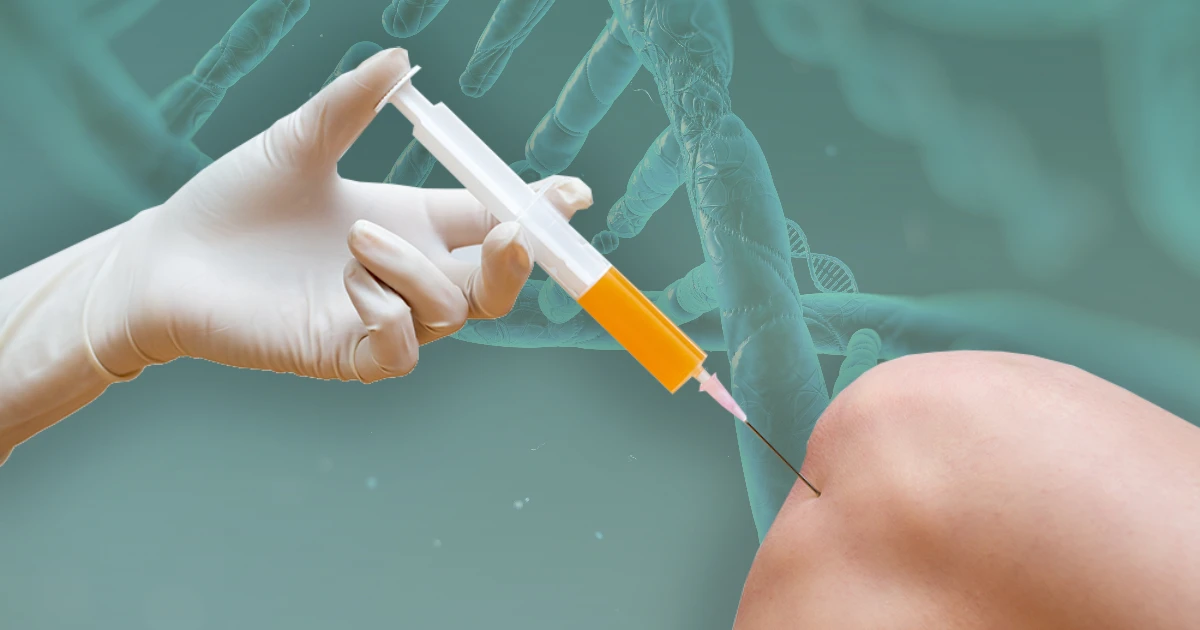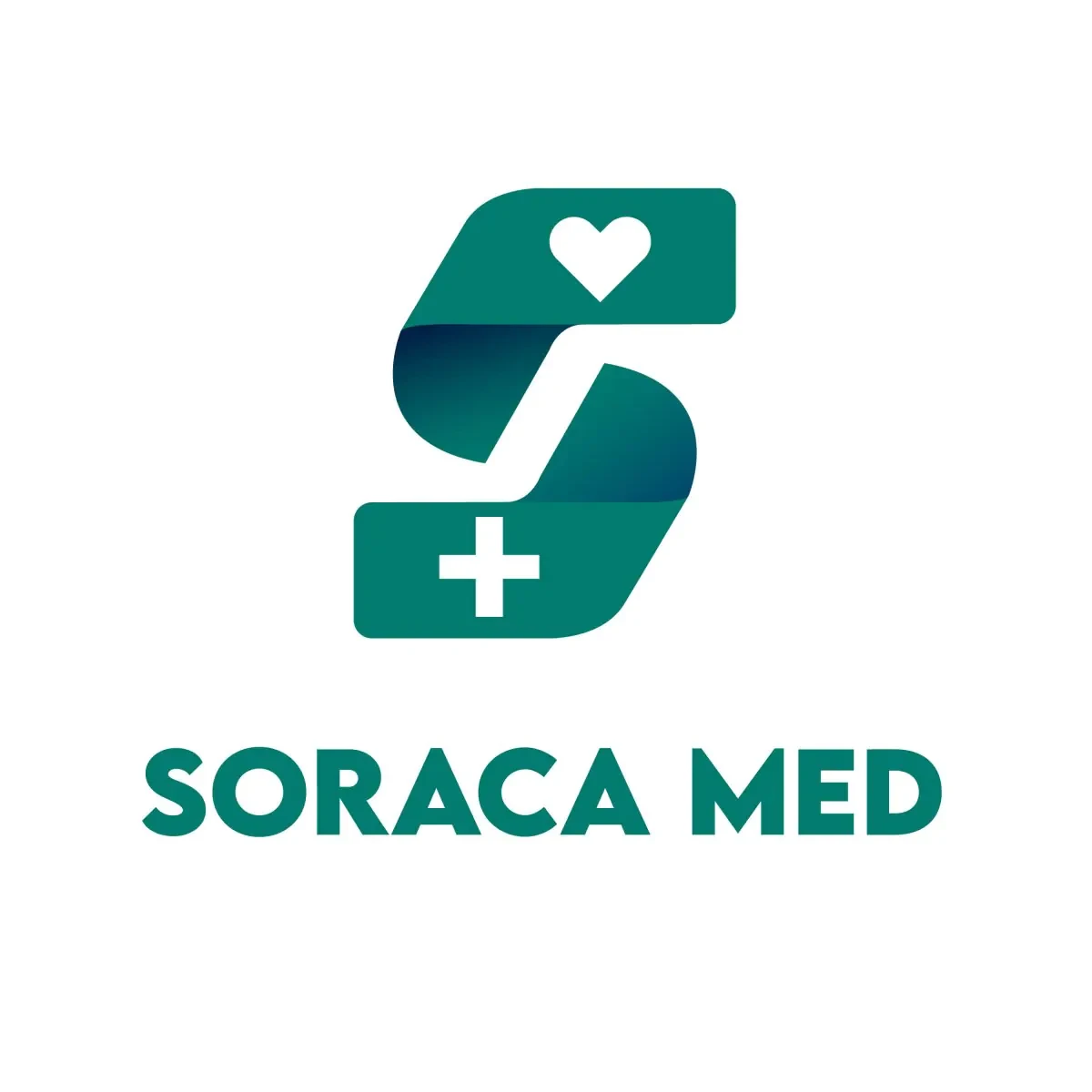
Stem Cells
Stem cell therapy is an aid to patients searching for a treatment that can be used long-term treatment of various diseases and injuries. Turkey is rapidly becoming a center of stem cell therapy because of the top medical facilities as well as cutting-edge research facilities and highly trained medical professionals. Stem cell therapy is opening new avenues to heal and rehabilitation that range from treating chronic diseases to repairing damaged tissues, and Turkey is in the forefront of this fascinating science.
This blog is a must read for anyone who is looking to learn more about how stem cells can be used in the near future and also to know whether you're a patient searching for treatment or a doctor looking to stay up-to-date on the latest developments. The blog provides an in-depth analysis of the most current advancements, the most effective clinics and specialists, as well as the current state of stem cell therapies.
What is stem cells?
The stem cell a distinct kind of cell that has the capacity to transform into various cell types within the body. They are able to divide and differentiate into specific cell types that have specific roles. Stem cells play a crucial role in the beginning stages of development, and are crucial in healing and regeneration of tissue in all stages of our lives. The study of stem cells holds tremendous potential for medical applications which include potential treatments for various illnesses and injuries. In order to understand the way stem cells function and how they manage their differentiation, researchers seek to develop treatments to replace damaged or damaged cells, tissues and organs, which will improve living quality of the majority of patients.Invest to improve your overall health and make a commitment to a better future. Our extensive medical programs yield the best results as you take in the tranquility and beauty of our location.
How is Stem Cell Therapy Applied?
The method used to apply stem cells is dependent on the condition or disease being taken care of. For example, if the patient suffers from a heart defect, stem cells from the heart will be injected into tissues of the heart directly. The cells begin to perform their task in regenerating the muscles of the heart and tissues, thereby improving heart's health. If the patient is suffering from cancer and the stem cells are then able to be injected into areas that the cancerous tumor was removed to help repair the damaged cells. The procedure is conducted by a certified, educated and skilled medical professional certified to conduct the stem-cell therapy.
Could stem cells be employed in the treatment of illnesses?
Stem cell therapy has a huge potential in the treatment of diverse illnesses. Stem cells have the distinct capacity to differentiate into a variety of kinds of cells, which makes them a valuable tool for replacing damaged or malfunctioning cells as well as tissues. They also produce growth factors as well as other bioactive molecules that aid in healing of tissues and regulate the immune system, which could be beneficial in treating certain illnesses. Stem cells have shown potential for treatment of a variety of diseases, not only:
Neurological disorders
Stem cells are used to treat neurodegenerative disorders such as Alzheimer's disease and Parkinson's disease, along with stroke and injuries to the spinal cord. The objective is to replace damaged injured or destroyed nerve cells, and encourage neural regeneration.
Cardiovascular diseases
Stem cells can be utilized to restore damaged tissues of the heart following heart attacks and to help treat heart problems. They can help promote the growth of new blood vessels as well as cardiomyocytes (heart muscle cells) stem cells may aid in improving the function of the heart.
Orthopedic injuries
Stem cells are being studied for treatment of bone and joint conditions like osteoarthritis and cartilage injury. They are able to aid in the repair of tissue and regenerate it possibly reducing the pain and enhancing mobility.
Blood disorders
Stem cell transplantation often called bone Marrow Transplantation is a proven treatment for a variety of blood disorders, such as leukemia, lymphoma and sickle-cell anemia. Hematopoietic stem cells can be used to repair the patient's blood supply and immune system.
Autoimmune disease
Stem cells might be the possibility of treating various autoimmune disorders such as Rheumatoid arthritis and multiple sclerosis through modulating the immune system and decreasing inflammation.
Burns and injuries
Stem cells are a great aid to the healing of wounds and in the regeneration of tissues and offer new ways of treating chronic burns or severe wounds.
As the advancements in regenerative medicine it is likely that more specific and efficient stem cell-based therapies for various diseases will likely to come out promising improved results and better living quality for patients suffering from various ailments.
What is the Cost of Stem Cell Therapy?
It is essential to know how stem cell therapies are still a new field of medical treatment and that ongoing research is being conducted to discover the many possible uses for this kind of treatment. But, more patients than ever before are opting to take this path even for the most basic treatments. For instance, Tennis Elbow, as mentioned previously, can be treated by one injection into the joint, just as certain forms of arthritis, however, even this simple treatment can cost as much as $1000. The reason for the high price is due to the requirement to collect stem cells, then grow new daughter cells and then allow them to transform into the needed kind of cell. This is a highly specific process.
The more advanced and complex procedures could push the price to tens of thousands of dollars or up to $100,000. An easy answer to the question is the stem cell treatment is most likely to cost anywhere from $1000 to $100,000, depending on the procedure. An injection of damaged knees is an example. It will cost less than a complete treatment for the MS patient. Patients should seek guidance from a specialist on the importance of stem cell treatment for their specific condition, its potential for success, and the total cost.
Frequently Ask Questions
Stem cells are undifferentiated cells that have the potential to develop into different cell types. They are found in two main sources:
- Embryonic stem cells: These cells are found in the inner cell mass of an embryo.
- Adult stem cells: These cells are found in small numbers in various tissues throughout the body.
- What are the potential benefits of stem cell research?
Stem cell research has the potential to lead to new treatments for a wide range of diseases and conditions, including:
- Heart disease
- Spinal cord injuries
- Cancer
- Diabetes
- Neurodegenerative diseases
The use of embryonic stem cells has raised ethical concerns because it involves the destruction of embryos. Adult stem cells do not pose the same ethical concerns.
Stem cell research is still in its early stages, but there have been some promising developments.
Stem cell research has the potential to revolutionize the way we treat diseases and conditions. However, there are still many challenges that need to be overcome before stem cell therapies can be widely used.
Treatment Types

Stem Cell Solutions for Diabetes
Ready to take control of your diabetes? Discover the transformative potential of stem cell therapy. Find out how you can improve insulin production and glucose regulation. Take the first step towards a healthier future today.


